
A tale of two successors: Council candidates present competing visions for District 7
On the primary ballot, voters will have their choice between incumbent City Councilmember Quetcy Lozada and political newcomer Andrés Celin.
On the second floor of a bar just off the Berks El stop, the lighting was dim and shy, but a spirited audience anxiously gathered to witness two competing visions for District 7 in a forum hosted by the Riverwards Area Democrats.
Sharing one microphone steps away from a repurposed credenza, two successors laid out platforms that spoke to the work of their successors and attempted to sell what they believed to be an adequate vision for police enforcement, a health-first approach to gun violence, and bringing community advocates to City Hall.
The lighting was faint, yet the platforms couldn’t have been clearer. Two successors, whose mentors competed against each other in the 2023 race for Philadelphia mayor, shared starkly contrasting approaches that spoke to their predecessors’ records.
Seizing the moment
Andrés Celin may be a political newcomer, but his social work and community organizing background has shaped his pitch for city council. A dynamic, strong orator, Celín appeals to a new generation of voters growing increasingly weary of the Democratic establishment.
Campaign events hosted by Celín’s camp usually attract a full house of younger voters who are starting to become civically engaged and whose views on topics such as public safety and affordable housing are influenced by a rapidly-changing conversation around the role of politics.
In the room, he spoke to an audience of ward members, committee people and an audience sporting Helen Gym apparel, buttons, and signs.
“I worked two years for Councilmember Helen Gym in order to learn how to bring the process of designing policy back onto the ground,” Celín, a former policy analyst for Gym’s office during her at-Large days, said in his initial remarks.
His platform focused on resisting a top-down government approach and said ground-level organizers should be involved in decision-making.
“Oftentimes the folks who are advocates, who are organizing service-based initiatives doing cleanups by the time the news gets to folks on the ground, the decisions have already been made,” he said.
Celin, a Colombia native who moved to District 7 ten years ago, pledged to bring community advocates and organizers to monitor his every move should he be the district’s representative on City Council.
“What do folks need? That there are constant processes to have in every single neighborhood, town halls, opportunities for people to give feedback on proposals… folks that are building policy tables to make sure that whatever legislation I'm introducing, there are folks who are doing the work in their communities that are helping inform what that needs to look like, and then advocating for them,” Celin promised.
When the conversation veered into the topic of crime and public safety — issues that voters have abundantly expressed as their top priority this election cycle — Celin called further police presence and enforcement in the neighborhood “one leg of the table…but one leg doesn’t hold up the table.”
He stated the focus needed to shift to prevention and cited instances where the city failed to deliver timely grants to anti-violence programs “like, for example, Philly Truce, who applied for a grant, got our grant, and then didn't get the money didn't get reimbursed for months and months on it.”
“It's going to take some time to scale up the strategies, the programs that the city has been using… And you have different city agencies where those programs are not being coordinated by a strong vision that comes from the mayor, supported by city council.”
In a separate interview with AL DÍA, Celin, asked whether he would support policing alternatives, said: “There is an incentive to market things as silver bullets, and I think it’s important not to do that,” and stressed that he would back efforts to support youth violence intervention programs
“We’re running out of funds. For any program that is a priority, the city needs to make sure that there’s consistent funding. I would say that there are violence intervention programs that the city is doing. We should not be staffing them ourselves. We should be finding grants for the organizations and [expanding] the grant,” he continued.
Celin, repeating his concern for the city’s lack of investment in violence intervention programs, emphasized the need to move away from pilot programs, saying agencies like the Department of Behavioral Health and Intellectual Disability were slow on their footing to get programs off the ground.
“They’ve been doing a pilot for two years now. What the [DBHIDS] commissioner says is, ‘ we don’t want to build it out before we get it right,’ which is fair, but how long is it going to take to get it right?”
Quetcy’s turn
Council member Quetcy Lozada, a more soft-spoken speaker, isn’t a newcomer to the political field or the crises in District 7. She served as chief of staff for Maria Quiñones Sánchez for the entirety of her term and later succeeded her with the full endorsement of ward leaders.
Yet she faces her own unique slate of challenges. On one hand, while ward endorsement displays unity, it gives the impression that she is backed by the very establishment grip that Celin is trying to combat.
In a celebratory email last week, Celin’s campaign boasted its fundraising efforts for surpassing Lozada “without allying ourselves with bad actors or without the support of the same political groups and financial interests that have dictated politics here for decades,” the statement read.
In her brief incumbency, Lozada sought visible unity as a priority from the outset when she met with ward leaders last September to secure their endorsement, achieving what her predecessor couldn't, ahead of the special election called by outgoing Council President Darrell Clarke.
Still, despite a record of over 10 years under Quiñones Sánchez, Lozada is likewise faced with a changing electorate yearning for immediate change to the crime, poverty, and blight in her home district.
During her remarks, she stood firm on her support for police enforcement, a position she has held steadily to in the face of a complex, public conversation around the effectiveness of policing.
“I don't believe in over-policing, but I do believe in policing,” she said. “ But I also believe very strongly that police can’t work unless they are in partnership with community residents. They can't do the work on their own. Just like I, as an elected official, can’t do the work on my own.”
And replying to Celin’s claim that the city shorted youth violence intervention programs, Lozada, of those organizations, said they “didn't know the amount of work that was going to be necessary in order to actually deliver what they committed to and so be more supportive.”
“When you're not a council person. It's easy to say a lot of things. But when you're actually serving as a council person when you're holding office, and you're there with your other 16 colleagues, it's difficult to get everyone to come to the same page.”
RELATED CONTENT
She added that while it was important to bring organized coalitions and advocates to city hall, a catch-all approach to the district wouldn’t be effective.
“You also have to understand that what works here in Kensington may not work in Harrowgate and may not work in Juniata. And so just sitting back and listening, and making sure that community residents, when they come into the city hall, understand that they're being heard,” Lozada, who is campaigning while also serving her first half term, explained.
Vowing to keep a pulse on the district, Lozada kept a straightforward tone, saying she would follow up with constituent's complaints directly. “I'm committed to that… it's the only way I know how to serve”
“I always will respect you and accept your frustration because government has not always been forthcoming, especially communities like the seven, and that's my commitment to you. I'm not going to stand here and say other pretty things,” she continued.
Asked whether any of the mayoral candidates plan to address Kensington aligned with her current work, Lozada pointed towards Cherelle Parker.
“I think that all of the mayoral candidates at this point are all saying the things that they want us to hear…[Cherelle Parker] has committed to ensuring that Kensington and the seventh council district is a priority as it relates not only to gun violence, but to address what is happening in places like McPherson square, like in the Kensington Harrowgate communities in our schools.”
Lozada also noted that Parker had been the only candidate “that has taken the time to look at the Latino Agenda that was prepared by Councilwoman Sánchez.”
Audience reception
Nicole Moye is a committeeperson for the 18th ward and its 18th division, and she is also a lifelong resident of District 7.
“The answers were pretty solid,” Moye thought, “but overall, they did a good job. They told us what we wanted to hear, so it comes down to actually sticking to what they're going to do.”
Moye, during a Question and Answer segment of the evening, asked how candidates would become accountable to the residents and believed Celin had given a better response.
“I think [Andrés Celin] answered it the best…it sounds like they would try to take more accountability, and I like that because… you don’t have the answer to everything, but at least you try for a solution. If it doesn’t work, I like that you said that you would continue to try.”
Miguel Concepción, President of the National Puerto Rican Agenda — who aggressively mobilized Latino voters in Pennsylvania during the 2022 midterms, was not as satisfied.
“I think it’s a good start. Unfortunately, the forum took place outside of the district, so members of the community who could really ask questions that really affect our community weren’t able to raise them.”
District 7 has been a party chair for as long as former Councilmember Quiñones Sánchez held the seat, with the same competitors vying to reign over the city’s largest Latino hub. And until Riverwards, a volunteer-driven group, organized the event, there had been limited appearances in a region that has been the centerpiece of this year’s mayoral race.
Concepción likened his response to Lozada’s argument when asked about his impression of the evening.
“This is the far corner, and outside of the district, where there are more affluent members of the community. Where their issues are not necessarily the same. If you ask members of this community have they gone to Hunting Park, they may tell you no because that’s too far for them.”
“I didn’t hear anything about language access or what either of them is actively going to be doing with the community,” he said.



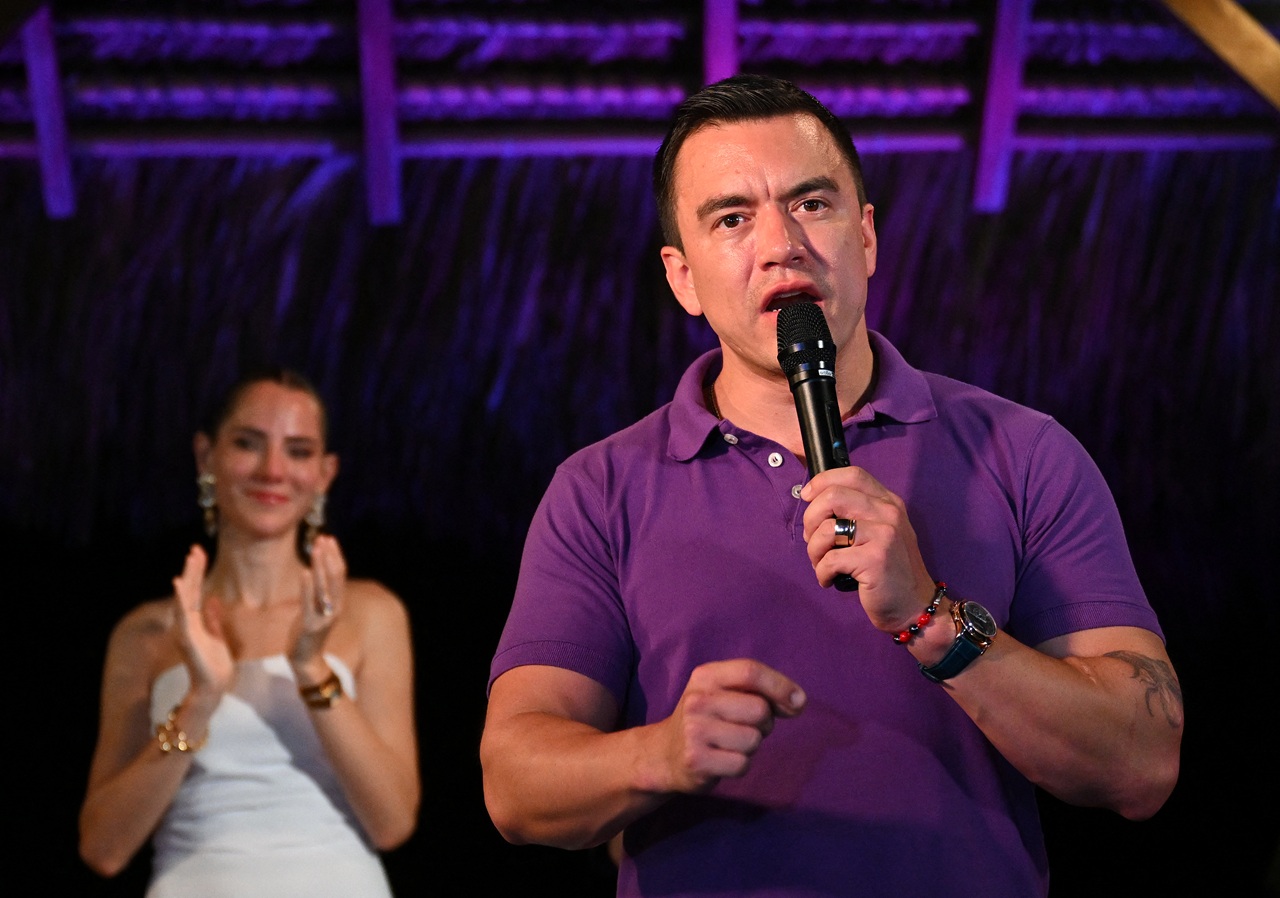
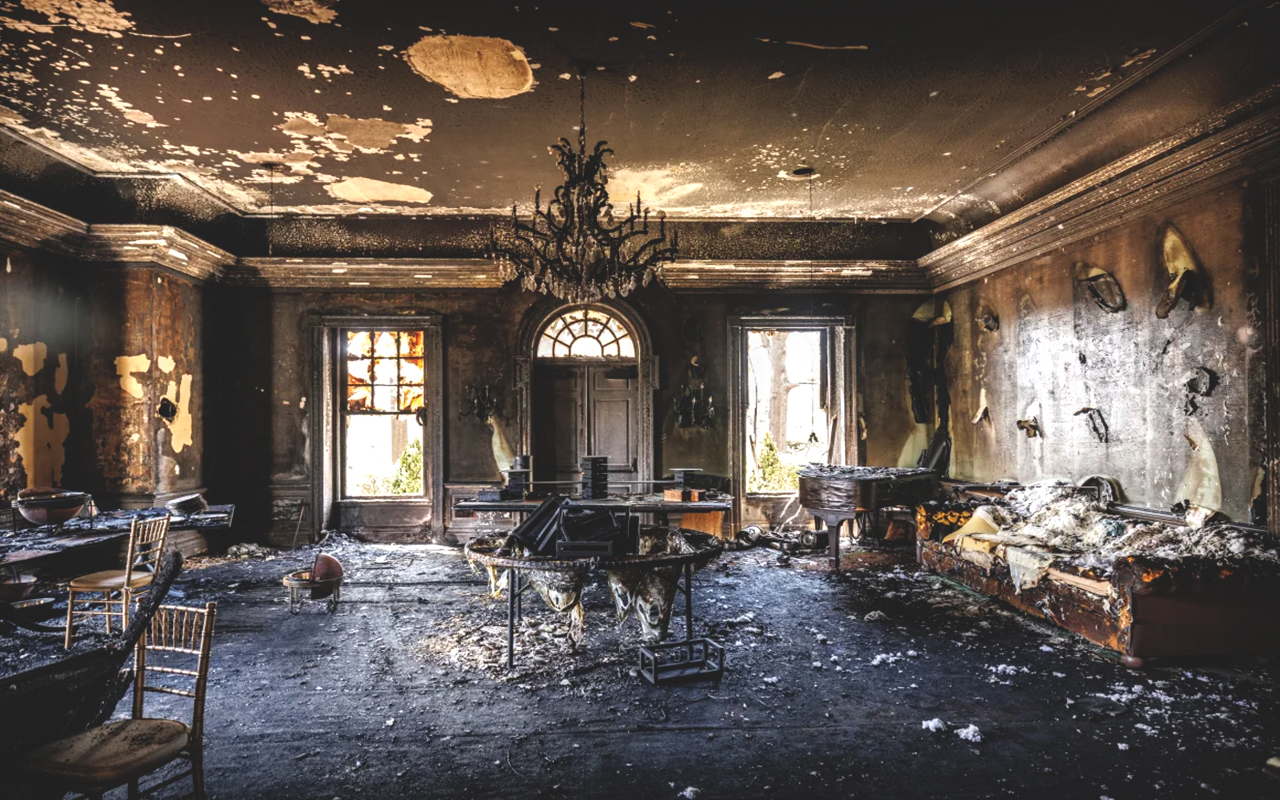
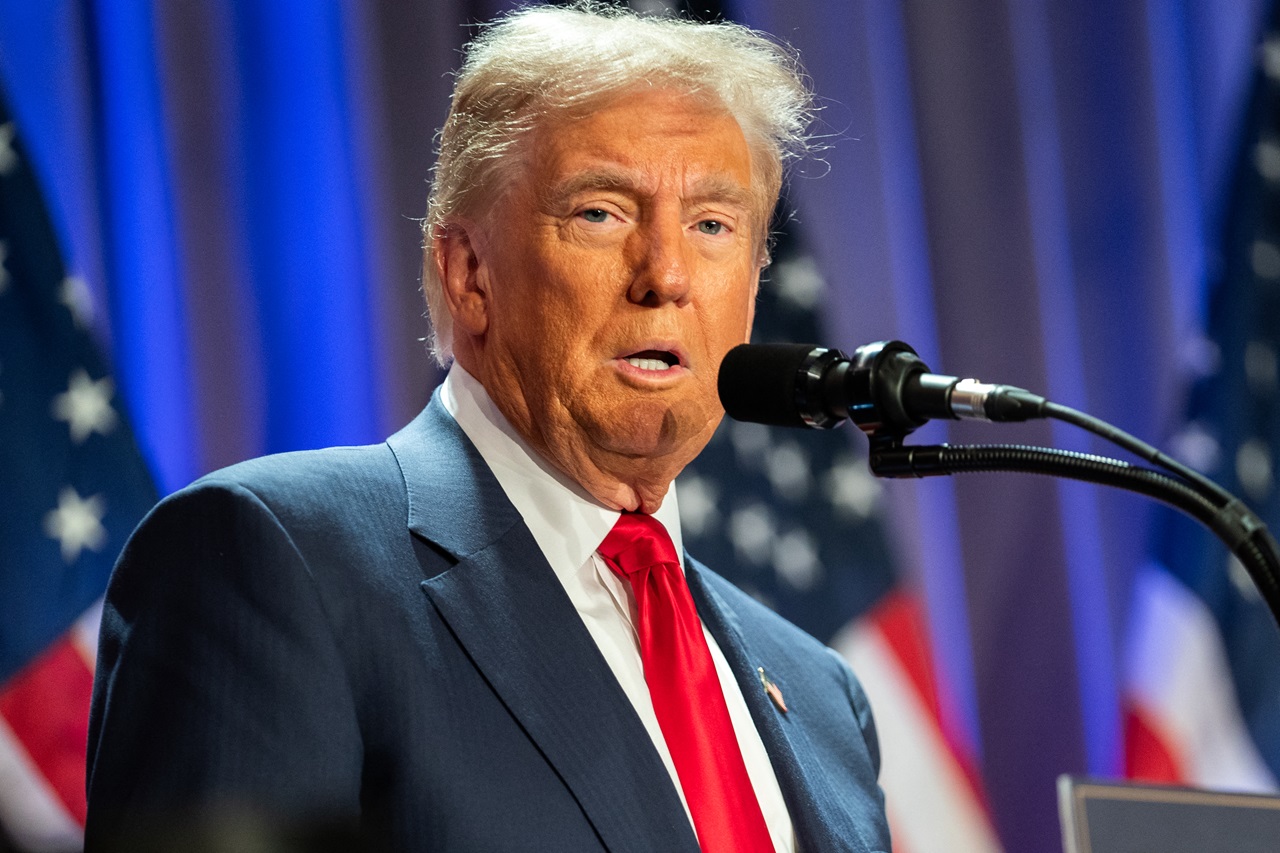
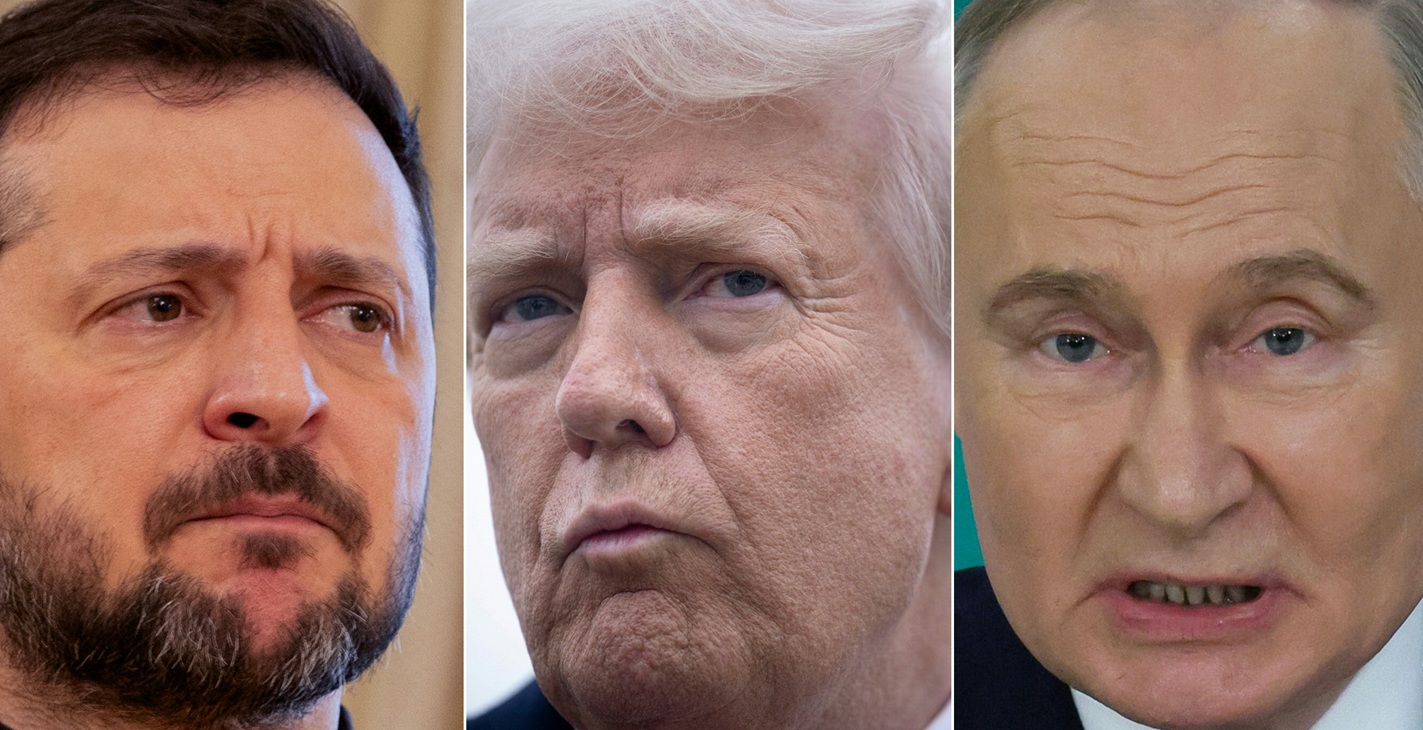

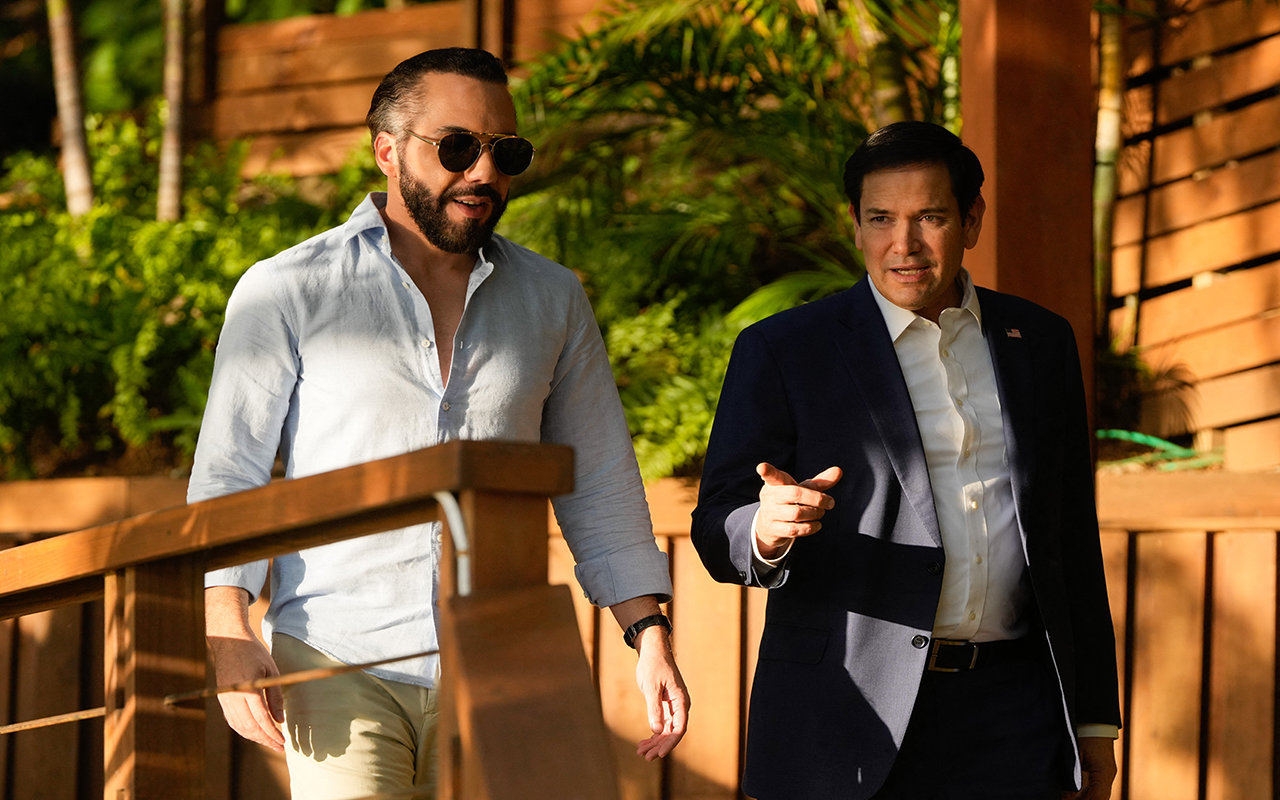


LEAVE A COMMENT: